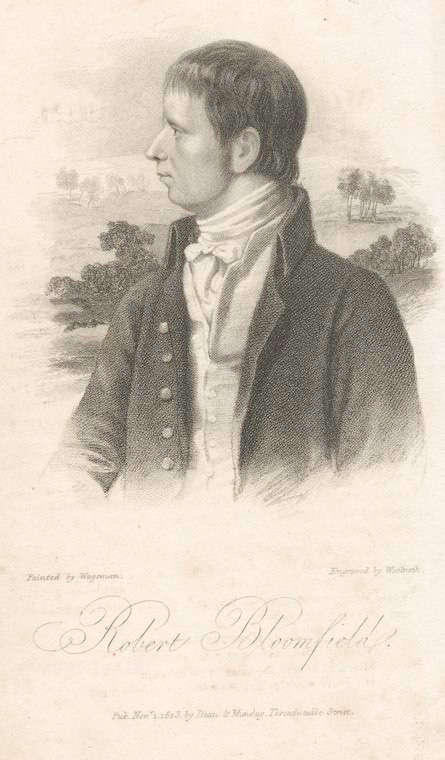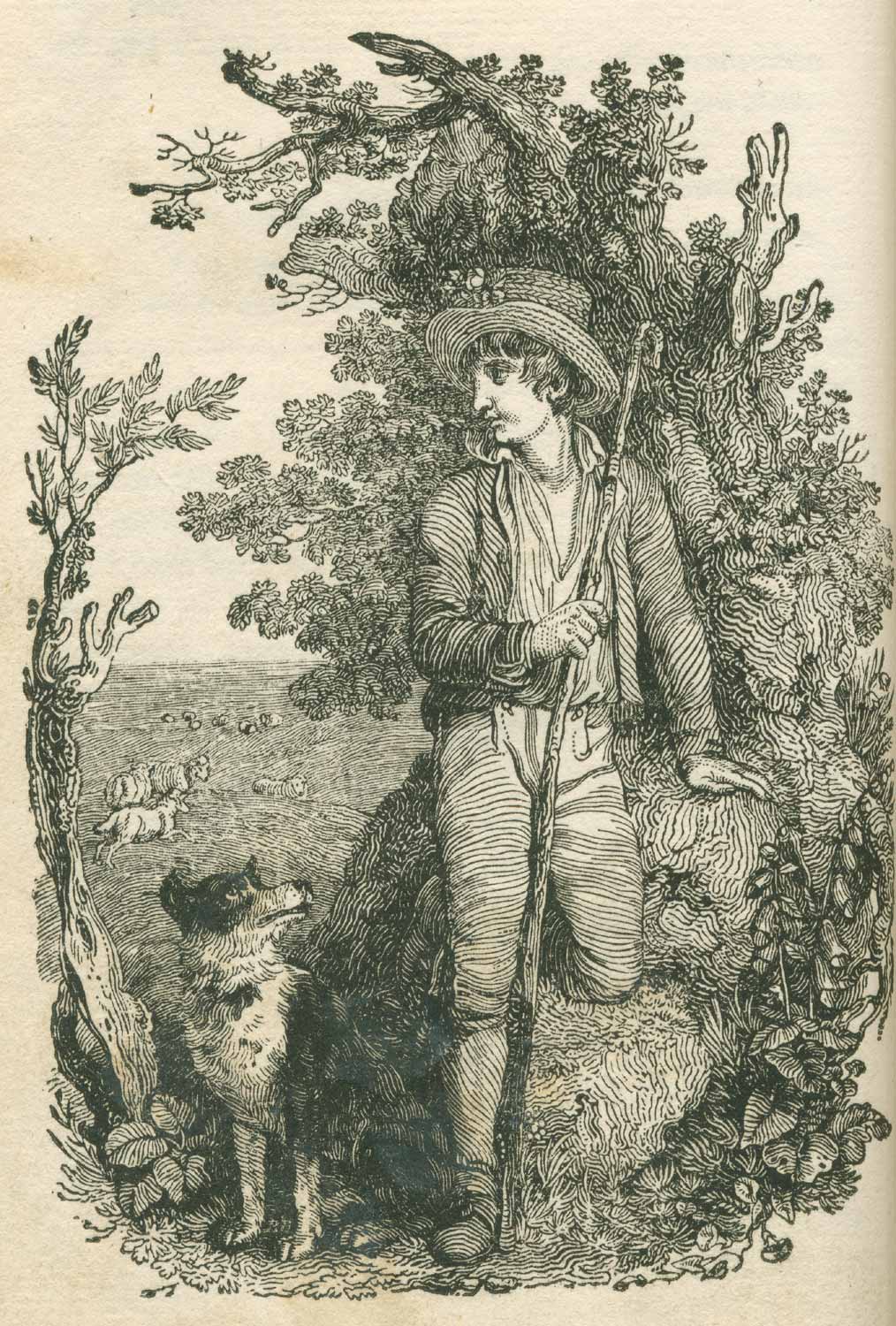About
We present here the first-ever scholarly edition of Bloomfield’s Collected Writings, containing all his poems, critical essays, children’s stories and dramas. We have collated all lifetime editions of each text, and all manuscripts (where extant), displaying variants in footnotes. We have provided comprehensive introductions to each text, detailing its composition, publication and reception history. Editorial annotations clarify allusions and textual problems. Highlights include:
- the first fully annotated and collated text of his biggest hit (and best contribution to English poetry), the four-book Georgic poem The Farmer’s Boy.
- his moving autobiographical reflection on his struggles to write amid poverty and depression – ‘My Old Oak Table’.
- his popular rural narrative poems ‘The Broken Crutch’ and ‘Walter and Jane’.
- his powerful response to the invention of vaccination, ‘Good Tidings; or, News from the Farm’, based on his own experience of seeing family members killed, or blinded, by smallpox.
- his poem, prose journal and sketchbook The Banks of Wye – a mini-edition in itself, reconstituting the multi-media, multi-genre production that Bloomfield hoped to publish after taking a picturesque tour down the Wye Valley to Tintern Abbey. This work, of which only the verse section appeared in Bloomfield’s lifetime, is a valuable, off-centre contribution to the emerging social practice and aesthetic language of picturesque tourism. It now takes its place alongside Wordsworth’s ‘Tintern Abbey’ poem, Turner’s watercolours of the area, and Gilpin’s Observations on the River Wye.
- his manuscript account of his fellow artisan shoemakers – a document containing fascinating and hard-to-find detail about the life, work, character and opinions of the urban working-classes. This is rare because it is written from the perspective of a workmate rather than a middle-class reporter investigating his inferiors.
- We also present the first-ever scholarly edition of the Collected Letters of Bloomfield and his Circle, comprising over four hundred letters from and to Bloomfield and providing a full picture of both Bloomfield as a writer and the social and literary world in which he functioned. The edition includes correspondence with the poets John Clare, Robert Southey, and Samuel Rogers. Letters to and from patrons and publishers give a vivid picture of the travails of becoming a professional author in the book market and print culture of the early nineteenth century. Family letters reveal the unique strains placed on a labouring-class writer by his movement – brought about by his poetry’s success – into the social worlds of the middle and upper classes. Letters concerning politics reveal the pressures exerted on a ‘peasant poet’ to avoid any association with labouring-class radicalism. And as Bloomfield discusses the composition, publication and revision of his poems, his efforts to avoid being patronised, and to be taken seriously without compromising his popular appeal, are constantly apparent. The price of this struggle for independence was anxiety and alienation from supporters – including his brother and his first patron – who wanted to superintend his writing.
We also present texts – poems and prose reflections – by Bloomfield’s brothers Nathaniel and George. These exhibit both radical and conservative responses to the dramatic economic and social changes affecting the rural world in the early nineteenth century.
The Critical Reflections section contains responses to Bloomfield’s writing by his contemporaries and also a comprehensive archive of recent scholarly work by critics including Tim Burke, Keri Davies, Tim Fulford, John Goodridge, Ian Haywood, Bridget Keegan, John Lucas, Hugh Underhill, Sam Ward, Simon White, and Angus Whitehead.
Other Resources includes a chronology of Bloomfield’s life, and reproductions of many of the engravings that illustrated editions of Bloomfield’s poems.

